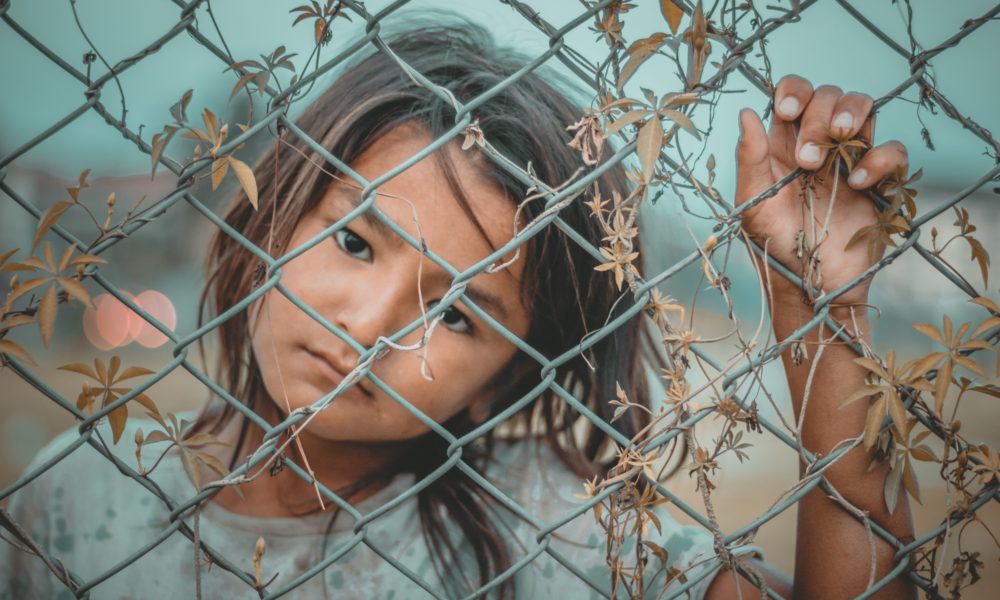Over a number of months, the United States government has rolled out the “Remain in Mexico” program, commonly referred to as “MPP.” This post discusses MPP and answers general questions regarding the program.
What is MPP?
MPP stands for “Migrant Protection Protocol” and has required thousands of asylum seekers to wait in Mexico for their day in U.S. immigration court.
It used to be that when an asylum seeker presented herself at a U.S. port of entry and requested asylum, she was given a “credible fear interview” from within the United States and could await that interview, as well as any other immigration court proceedings, inside the United States. While that is still happening in some cases, thousands of individuals are instead given a Notice to Appear in immigration court and sent back to Mexico to wait for their court date. Instead of being given a credible fear interview, the person is placed directly into immigration court proceedings and set for their first hearing, which is called a master calendar hearing.
Where do people subject to MPP live?
While some individuals and families can find space at shelters on the Mexico side of the border, many are living on the streets in tents.
What dangers to people face?
Many, many migrants living in Mexico due to MPP are faced with very dangerous situations. There have been numerous reports of kidnappings, robberies, and other such crimes.
What legal issues are presented with MPP?
MPP presents a number of troubling legal issues. First, access to counsel becomes extremely limited. There are thousands and thousands of individuals subject to MPP, but a very limited number of lawyers who are able to come to the Mexican side of the border to assist them. Not only are attorneys geographically limited, but due the dangers mentioned above, many are unable or unwilling to cross the border due to security issues.
Applying for asylum and preparing for a final hearing is a very complicated process. It involves document collection, application preparation, testimony preparation, and country conditions research, among other things. If attorneys and their clients cannot meet in person, it becomes very difficult to present a thorough case.
Additionally, given that many of these individuals do not have a stable address and limited means of communication, this not only presents a problem for attorneys but for the courts as well. If the court has to change the date of the hearing, it has no sufficient way to communicate with the asylum seeker. Additionally, it’s very difficult for asylum seekers to contact the appropriate person with questions about where to go and when for court hearings.
What can we do to help?
MPP present a difficult and danger situation for thousands of people who have already suffered unspeakable trauma. If you want to get involved, you can donate to VECINA or one of these other awesome organizations, or sign up to volunteer your time and efforts.

